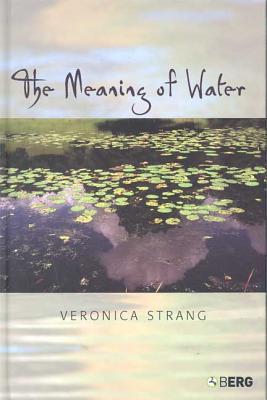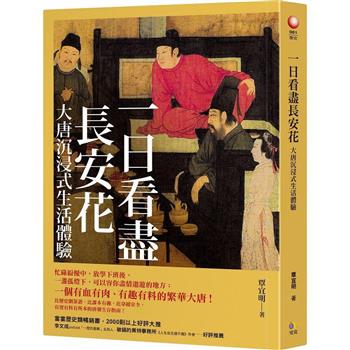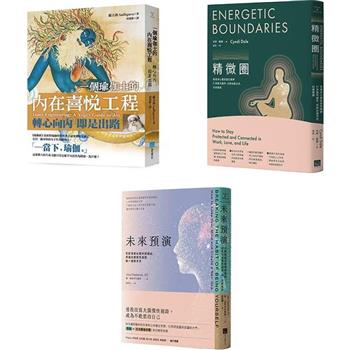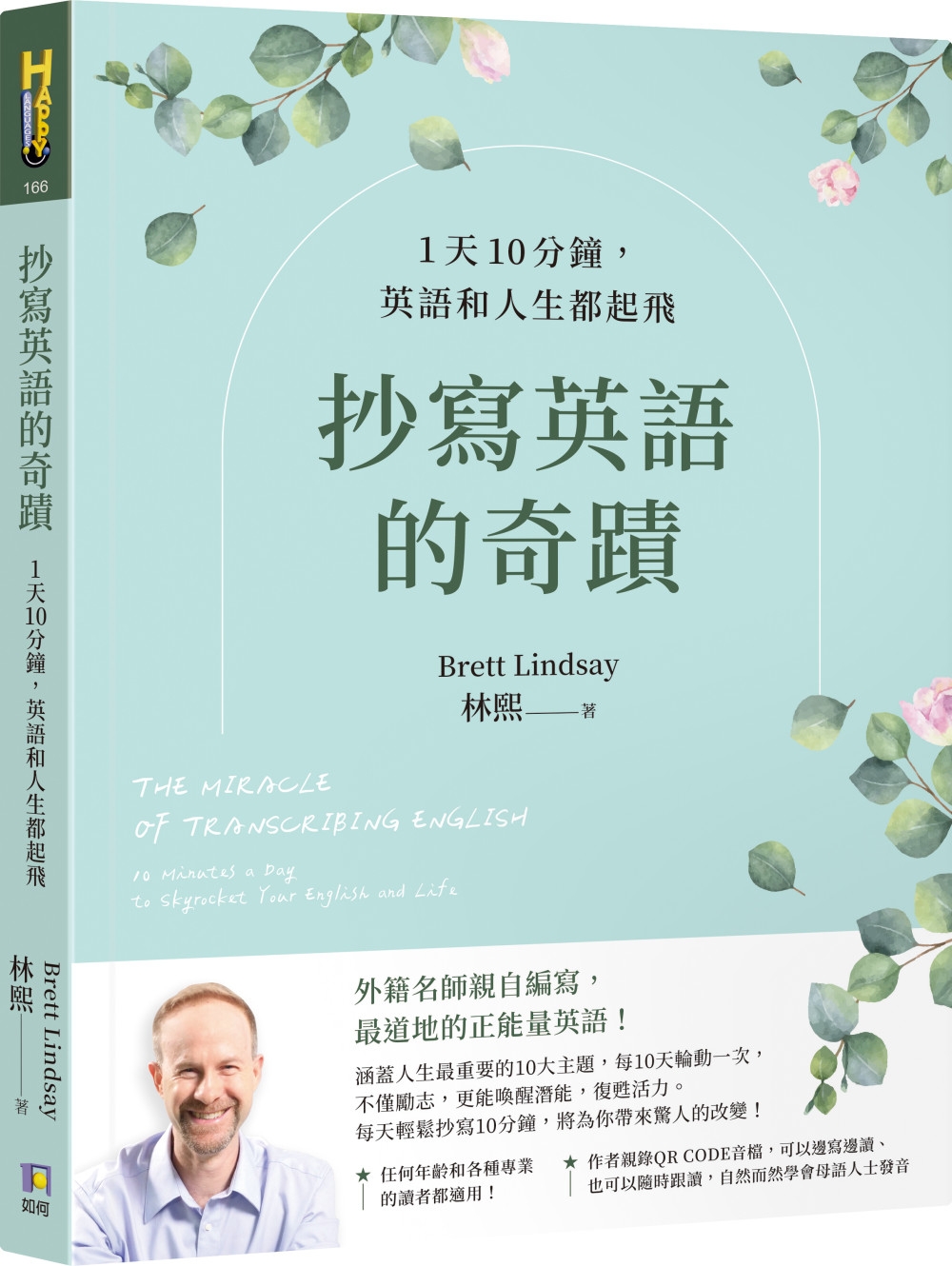Water is the most valuable resource and the most passionately contested. Drought has become an increasingly extreme problem in many parts of the world, and it is predicted that 60% of the major cities in Europe will run short of water in the next decade. In industrialized countries per capita water usage continues to rise intractably, despite strenuous efforts by environmentalists and resource managers to encourage conservation. Conflicts over water and environmental degradation from the overuse of resources are intensifying. Water is not merely a physical resource: in every cultural context it is densely encoded with social, spiritual, political and environmental meanings, and these have a powerful effect upon patterns of water use and upon the relationships between water users and suppliers. This book makes an in-depth analysis of the meanings of water and considers how they are experienced and formed at an individual and societal level. Focusing on the River Stour in Dorset, Strang draws upon a wide range of data: ethnographic research, cultural mapping, local archives and folklore. She explores the controversies surrounding water ownership and management, and the social and political questions raised by water privatization in the UK.The topical nature of these issues and their global relevance make this book a vital contribution to contemporary research on water and an essential read for anyone with an interest in getting under the surface of one of the worlds most important social and environmental issues.
| FindBook |
有 1 項符合
The Meaning of Water的圖書 |
 |
The Meaning of Water 作者:Strang 出版社:Berg Publishers 出版日期:2004-02-01 語言:英文 規格:精裝 / 288頁 / 24.1 x 15.7 x 2 cm / 普通級 |
| 圖書館借閱 |
| 國家圖書館 | 全國圖書書目資訊網 | 國立公共資訊圖書館 | 電子書服務平台 | MetaCat 跨館整合查詢 |
| 臺北市立圖書館 | 新北市立圖書館 | 基隆市公共圖書館 | 桃園市立圖書館 | 新竹縣公共圖書館 |
| 苗栗縣立圖書館 | 臺中市立圖書館 | 彰化縣公共圖書館 | 南投縣文化局 | 雲林縣公共圖書館 |
| 嘉義縣圖書館 | 臺南市立圖書館 | 高雄市立圖書館 | 屏東縣公共圖書館 | 宜蘭縣公共圖書館 |
| 花蓮縣文化局 | 臺東縣文化處 |
|
|
圖書介紹 - 資料來源:博客來 評分:
圖書名稱:The Meaning of Water
|










